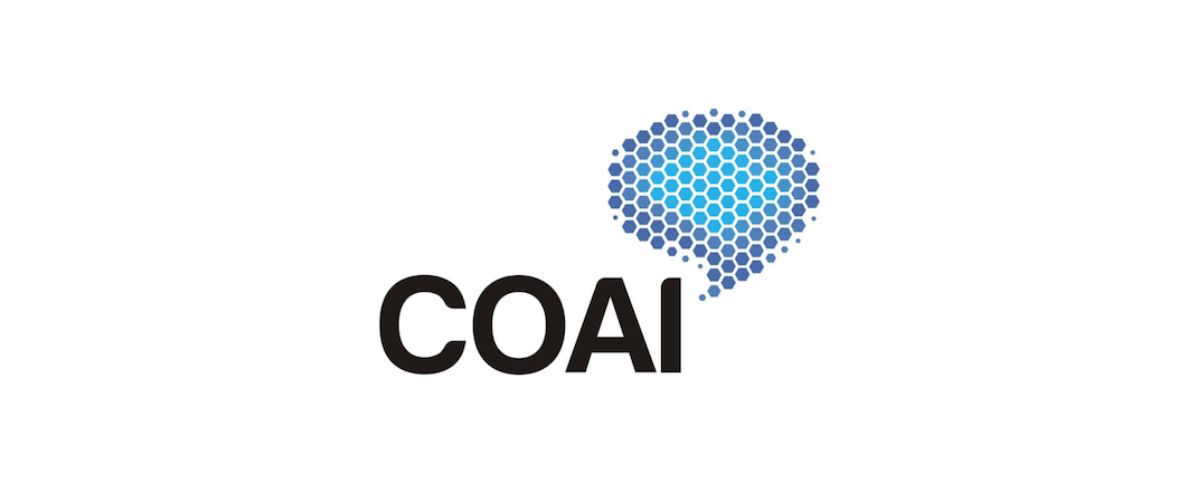
The telecom industry body, COAI (Cellular Operators Association of India), has recommended that the government abolish the 5% USOF (Universal Service Obligation Fund) contribution rule for telcos. Alternatively, COAI suggested that the government should reduce the USOF contribution to zero until the existing corpus of Rs 80,000 crore is fully utilized. Currently, telcos pay 5% of their adjusted gross revenue (AGR) towards USOF, in addition to another 3% of AGR paid as license fees, which the industry body has proposed to reduce to 1%.
COAI also recommended that the Government of India (GoI) allow telecom operators to carry forward losses for up to 16 years, instead of the current 8-year rule. The body noted that many companies have shut down since 2017, and the Supreme Court’s decision on the AGR matter has adversely affected the industry. Extending the loss carryforward period to 16 years would benefit the industry, according to COAI.
Additionally, COAI has requested the government to exempt service tax on additional AGR dues. The Supreme Court’s order on AGR dues has imposed a financial burden on telcos, negatively impacting their cash flow. Therefore, COAI is asking for an exemption from service tax on these additional dues.
Indian telecom operators currently pay a 20% customs duty on imported equipment. COAI has requested that this duty be reduced to zero to facilitate faster 5G rollout and support the industry’s growth. Furthermore, COAI has asked for GST to be exempted from payments for license fees, spectrum usage charges (SUC), and spectrum acquired in auctions. Telcos pay GST under the reverse charge mechanism (RCM) for these items, leading to accumulated input tax credit (ITC) and blocking capital.
The current customs duty exemption for vessels laying submarine cables in India is set to expire on September 30, 2024. COAI has urged the government to extend this exemption to prevent an increase in cable-laying costs.



